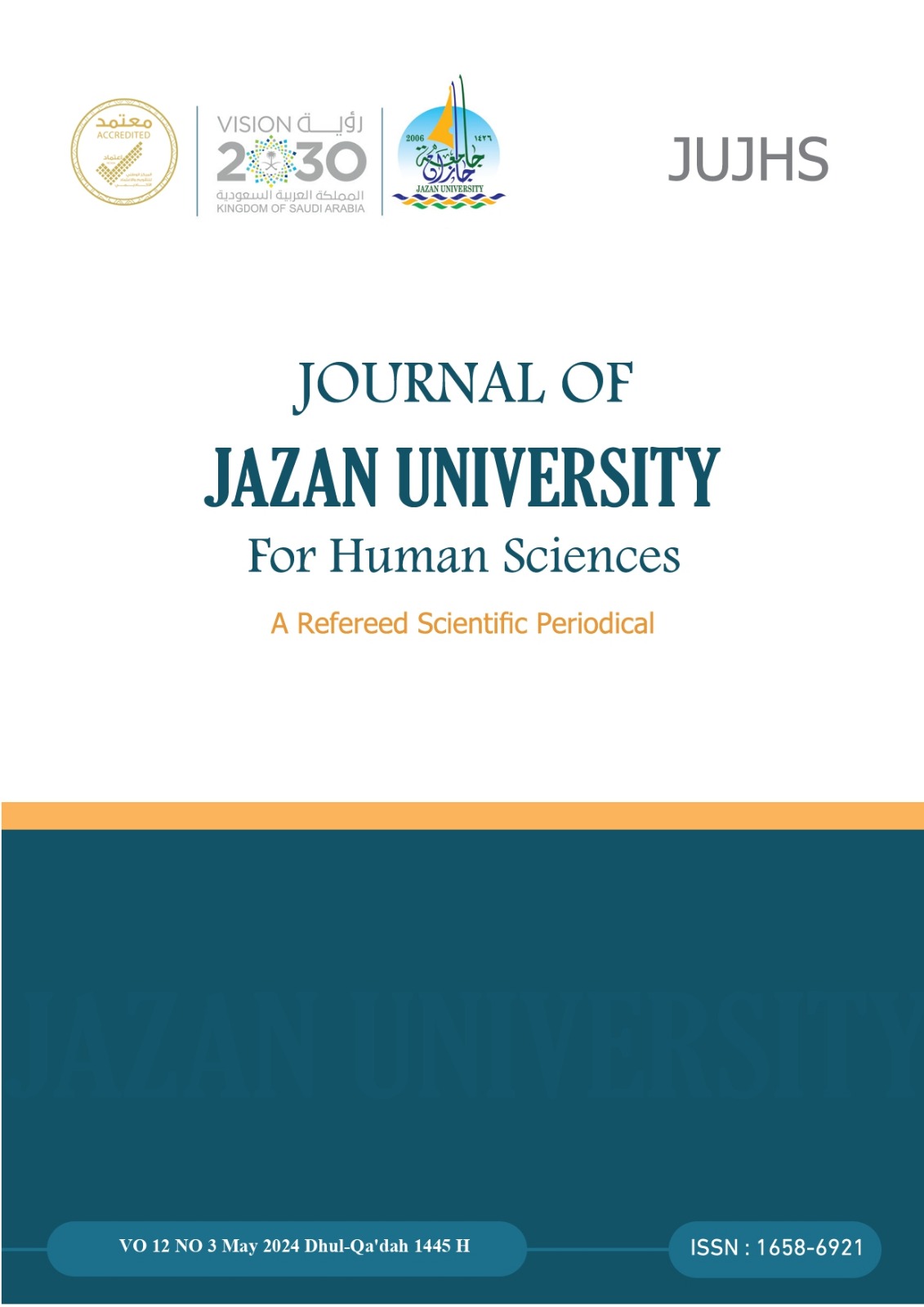The Negotiation and Playing in the Chess Poem by Abū al-Qāsim al-Zaʿfarānī: An Analysis of the Strategies of the Panegyric Performance
Keywords:
Chess, Performative, Ritual of Exchange, Mutazilite, SemiosisAbstract
This study seeks to analyze the performative strategies of the Chess poem, a panegyric by Abū al-Qāsim al-Zaʿfarānī, narrated by al-Thaʿālibī and addressed to the Buyid emir ʿAḍud al-Dawlah. The study intends to explore the performative aspect behind employing a play theme, chess, and its artistic effects on negotiating the poetic discourse within the context of Ritual of Exchange between patrons and poets. It begins by investigating chess and Nard in its encyclopedia of semiotics within classical Arabic culture, then moves to discuss the poem’s complex background and ultimately analyzes its performativity. I contend the poem successfully completes the ritual of exchange by legitimizing the ruler as the sovereignty protector of the Abbasid caliphate while engaging at the same time in negotiating the Buyid social hierarchy. In addition, the study suggests a semiotic reading for the chess game inside the poem as a multi-layer symbol that serves politically, ideologically, and poetically the panegyric purpose of the poem and its negotiating objective. I relied on different critical approaches, mainly Suzanne Stetkevych’s to classical Arabic panegyric poem as a rigorous ritual of negotiation and exchange, in addition to the semiotics of Peirce and Eco in analyzing the symbolism of chess, alongside some applications from semiotic structuralism like the Actantial model and mise en Abys in addition to Huizinga and Duflo’s analysis of the philosophy of play.
Downloads
Downloads
-
PDF (Arabic)
205
62
Published
Issue
Section
License
Copyright (c) 2024 CC Attribution 4.0

This work is licensed under a Creative Commons Attribution 4.0 International License.





